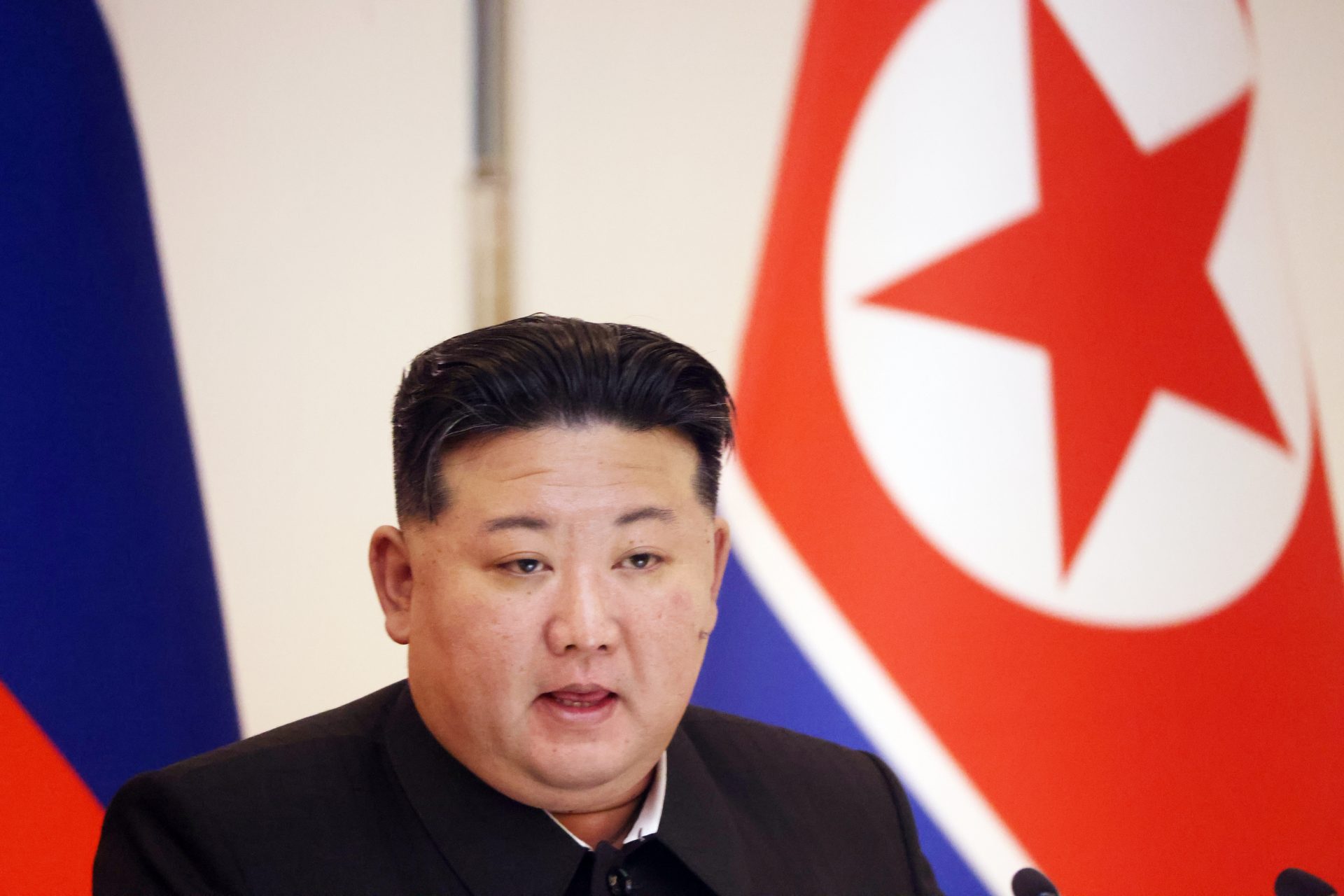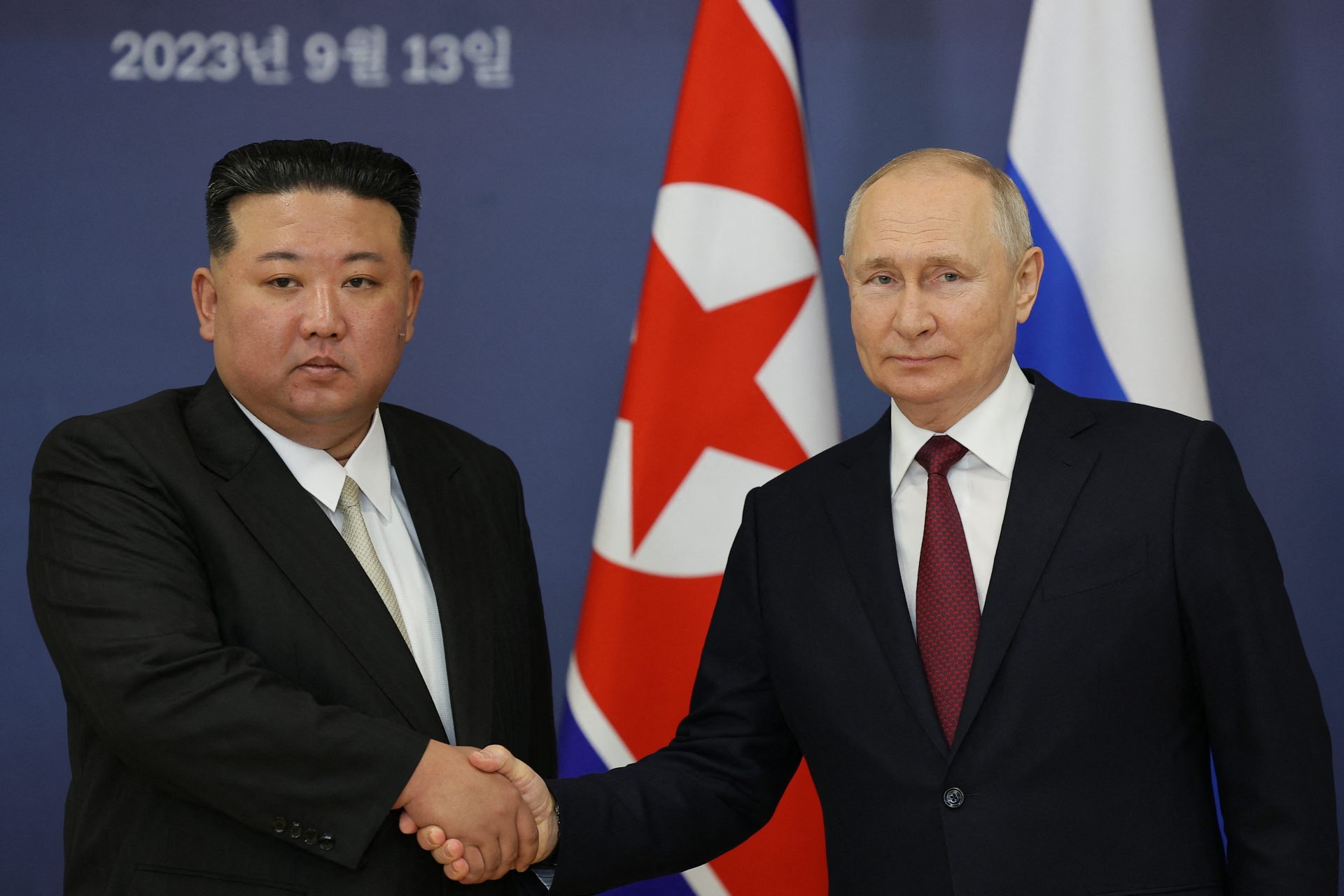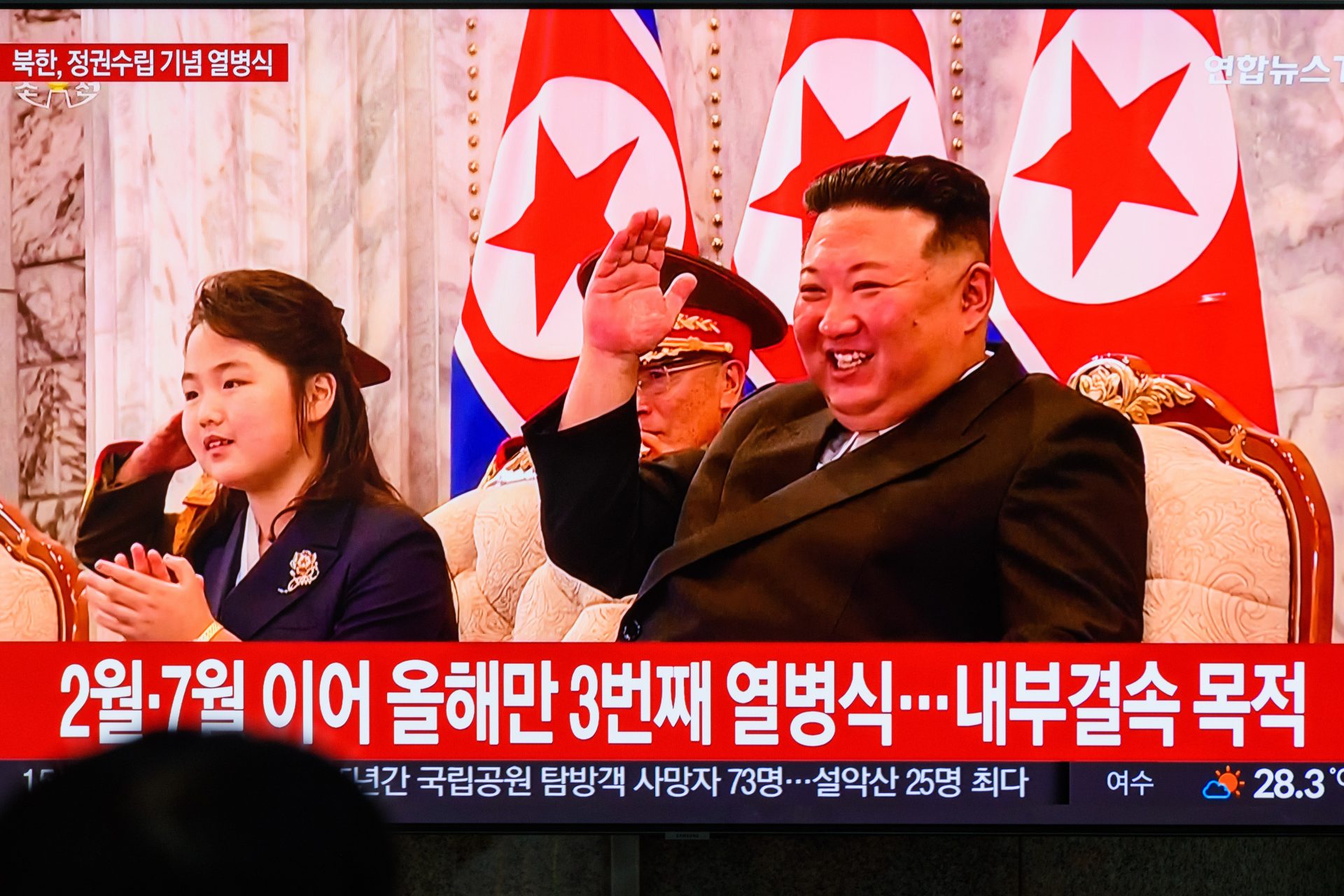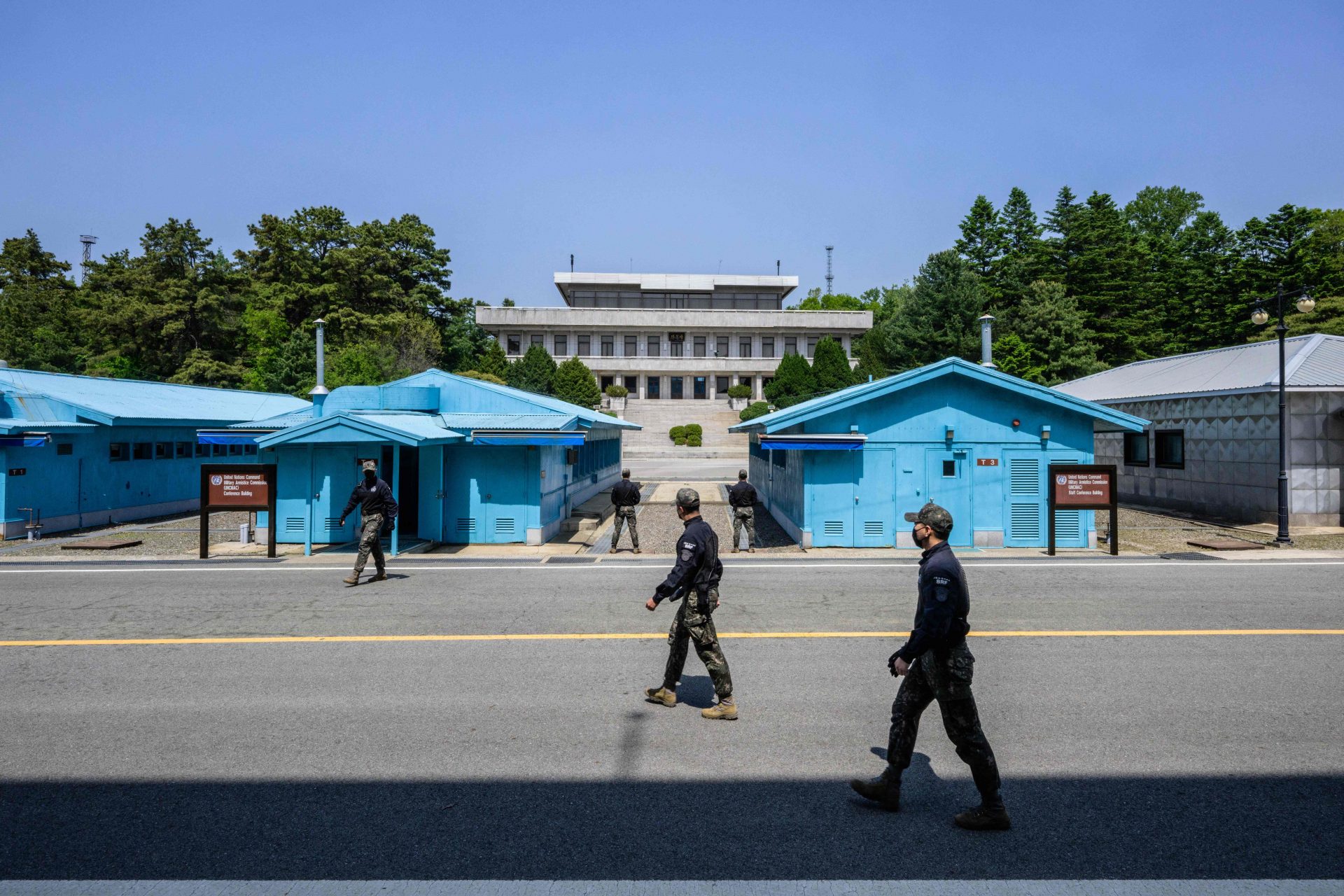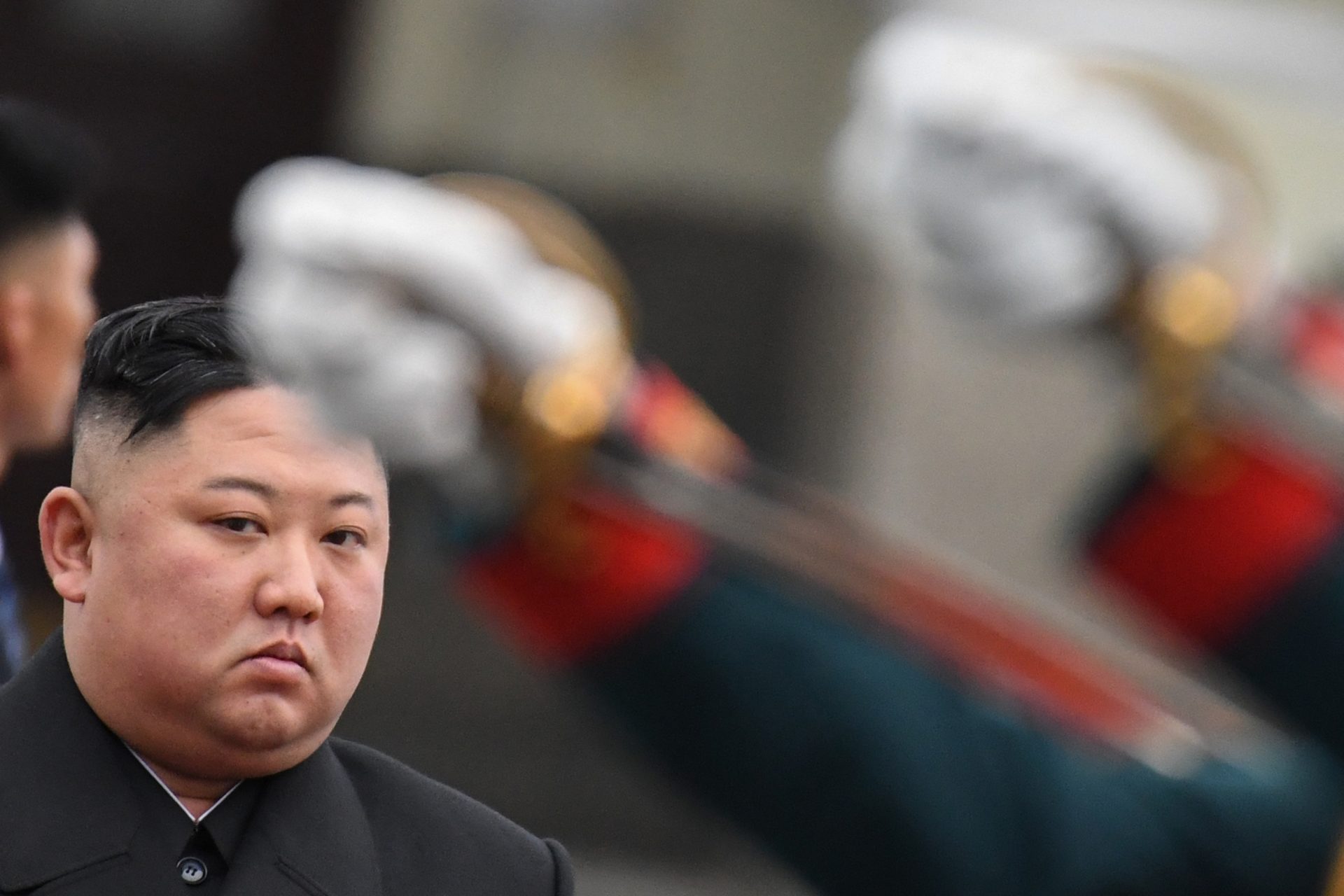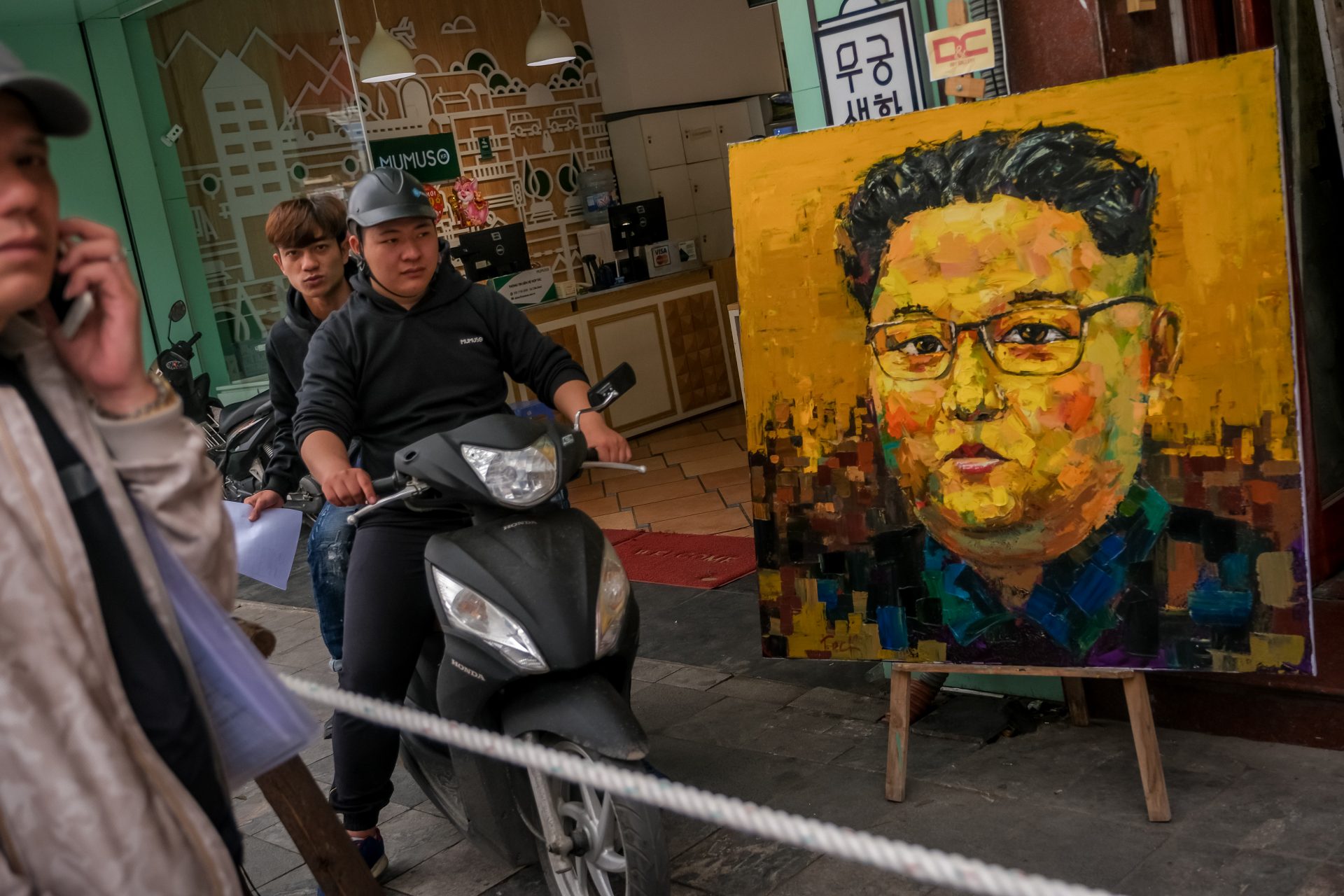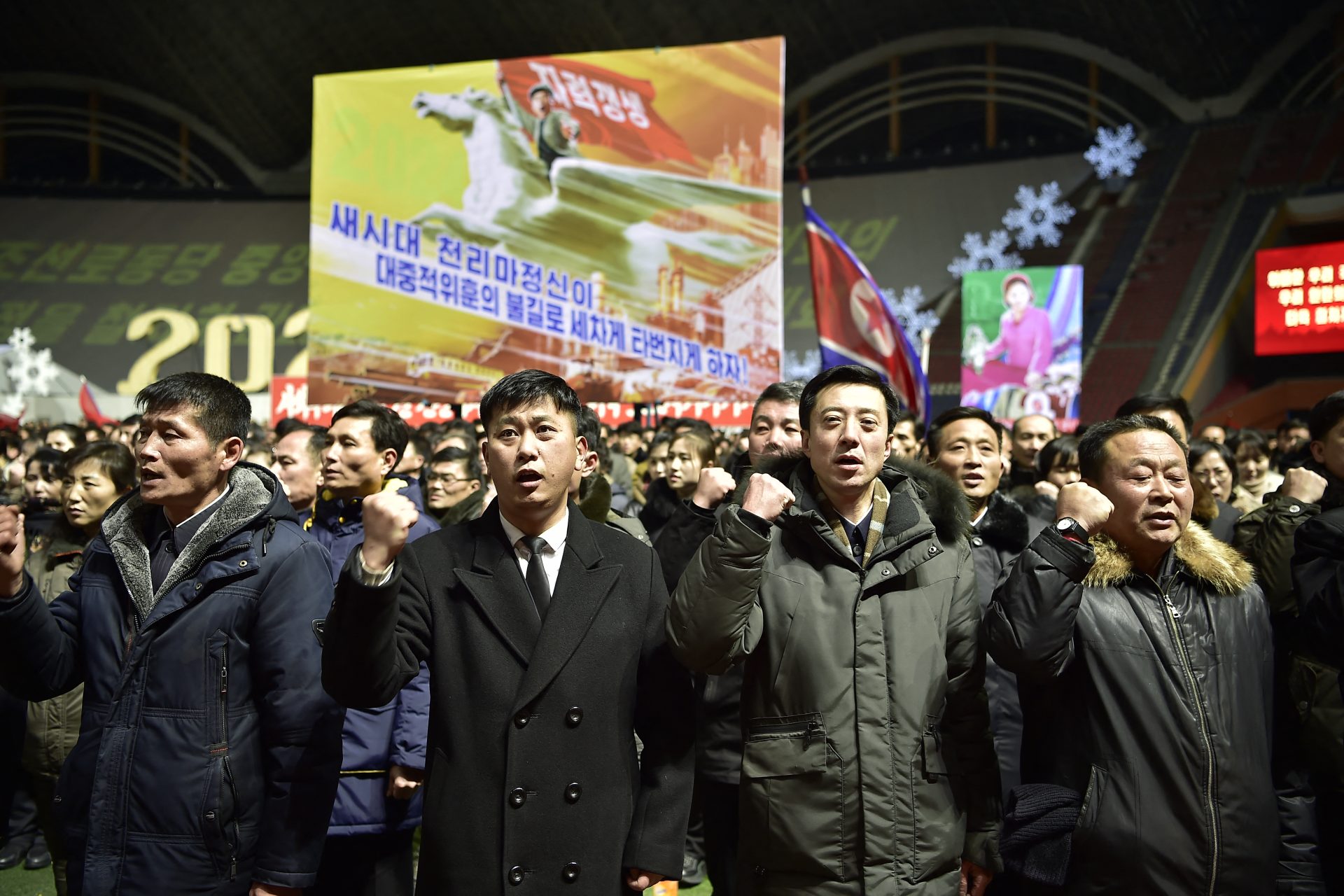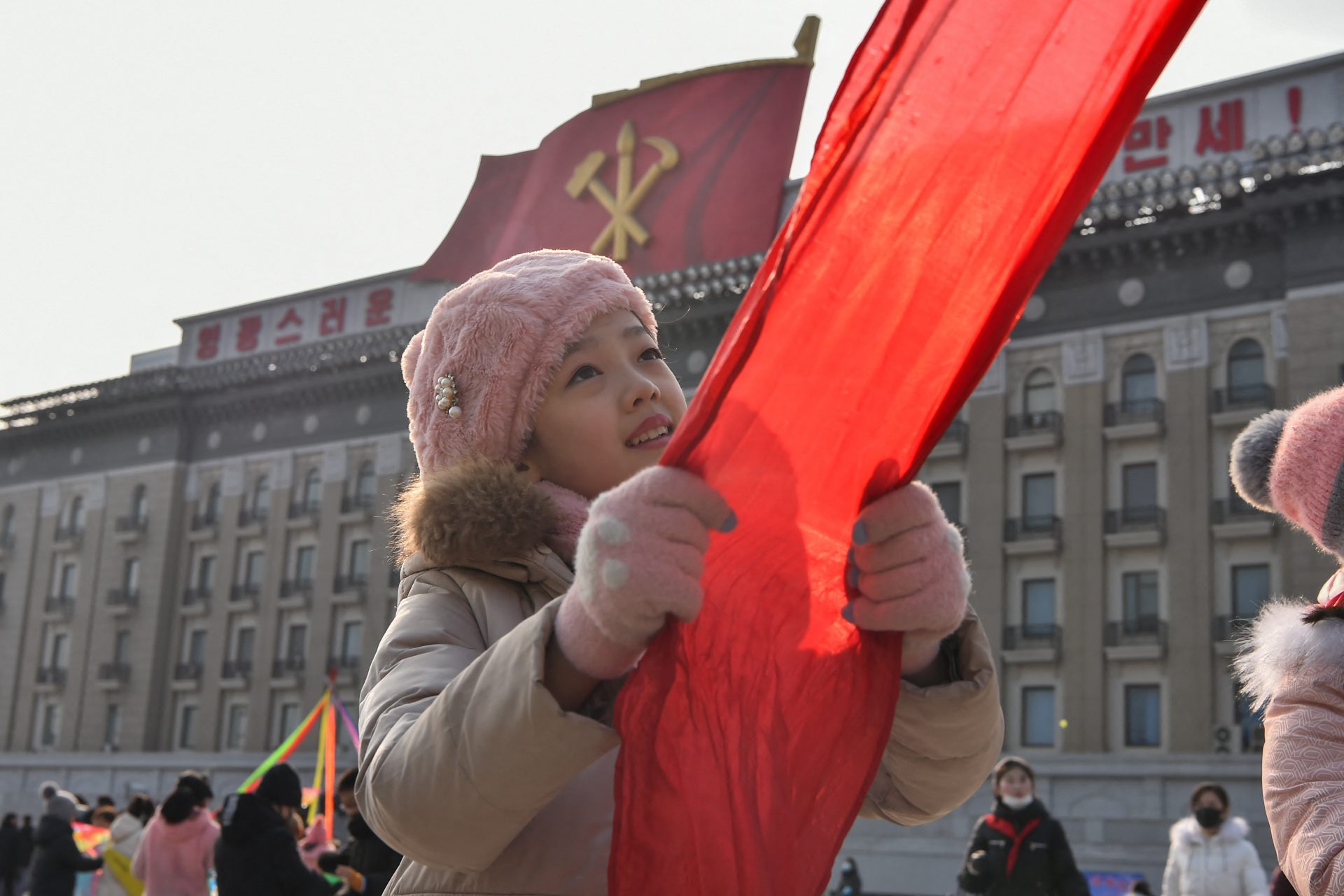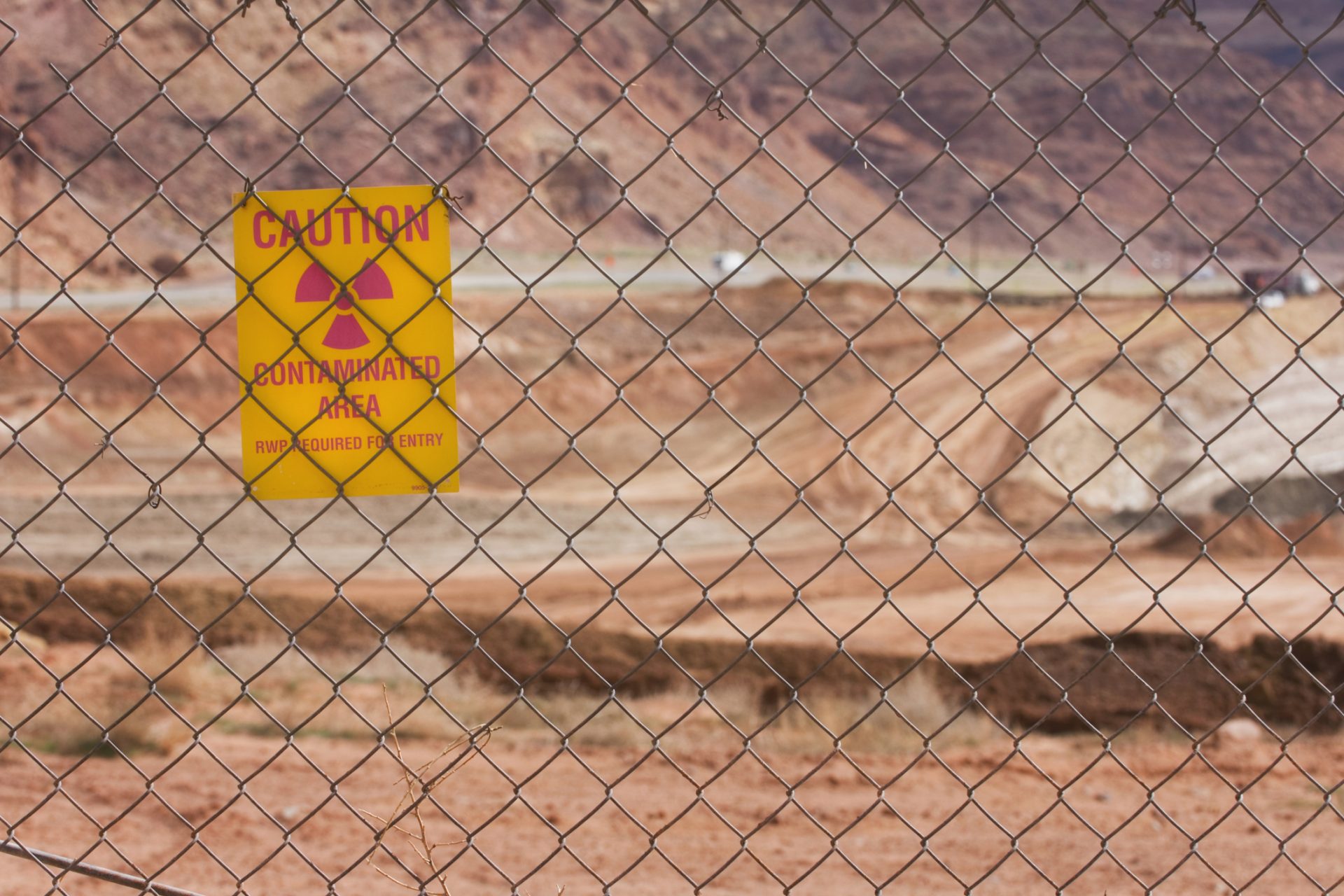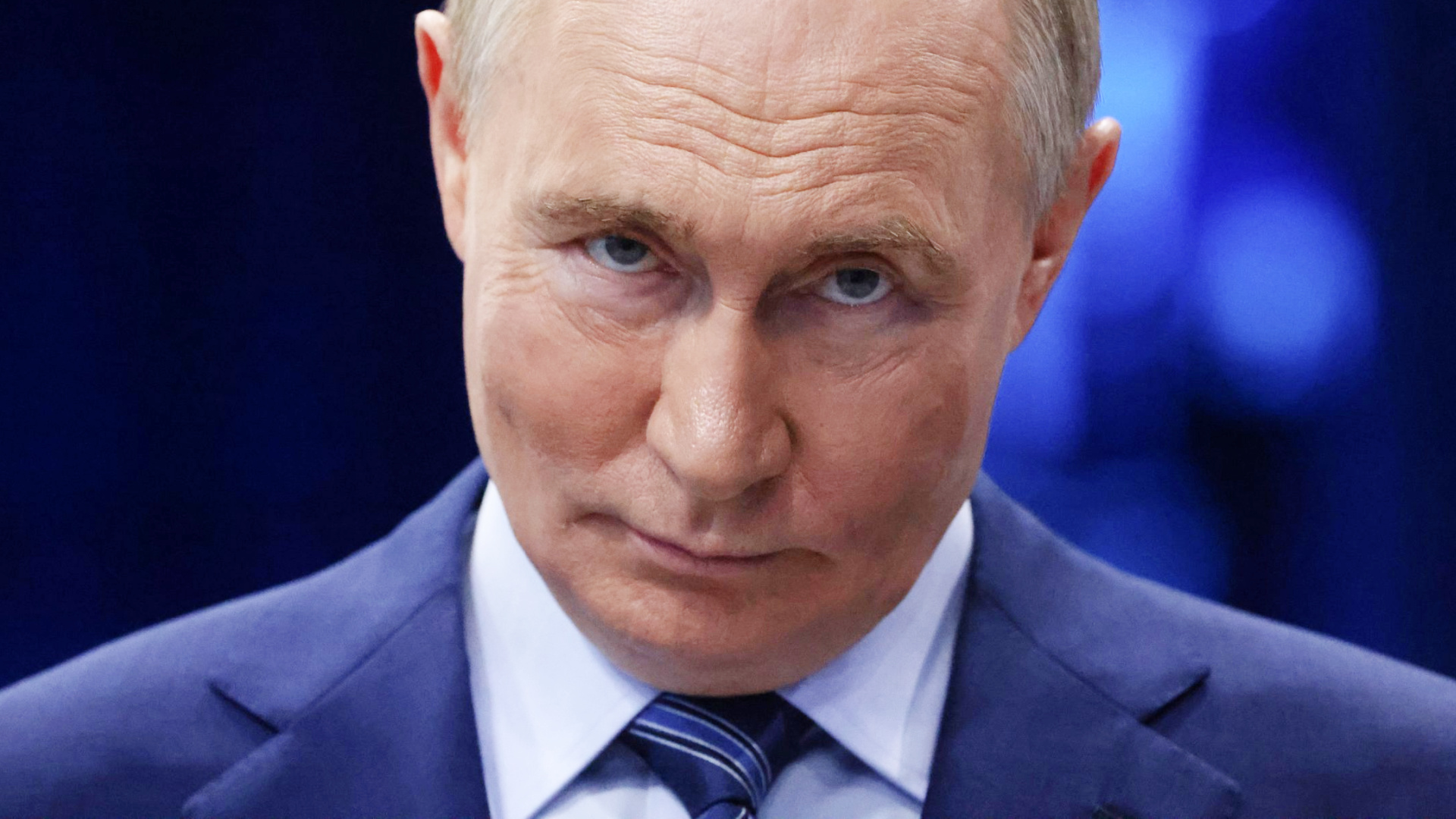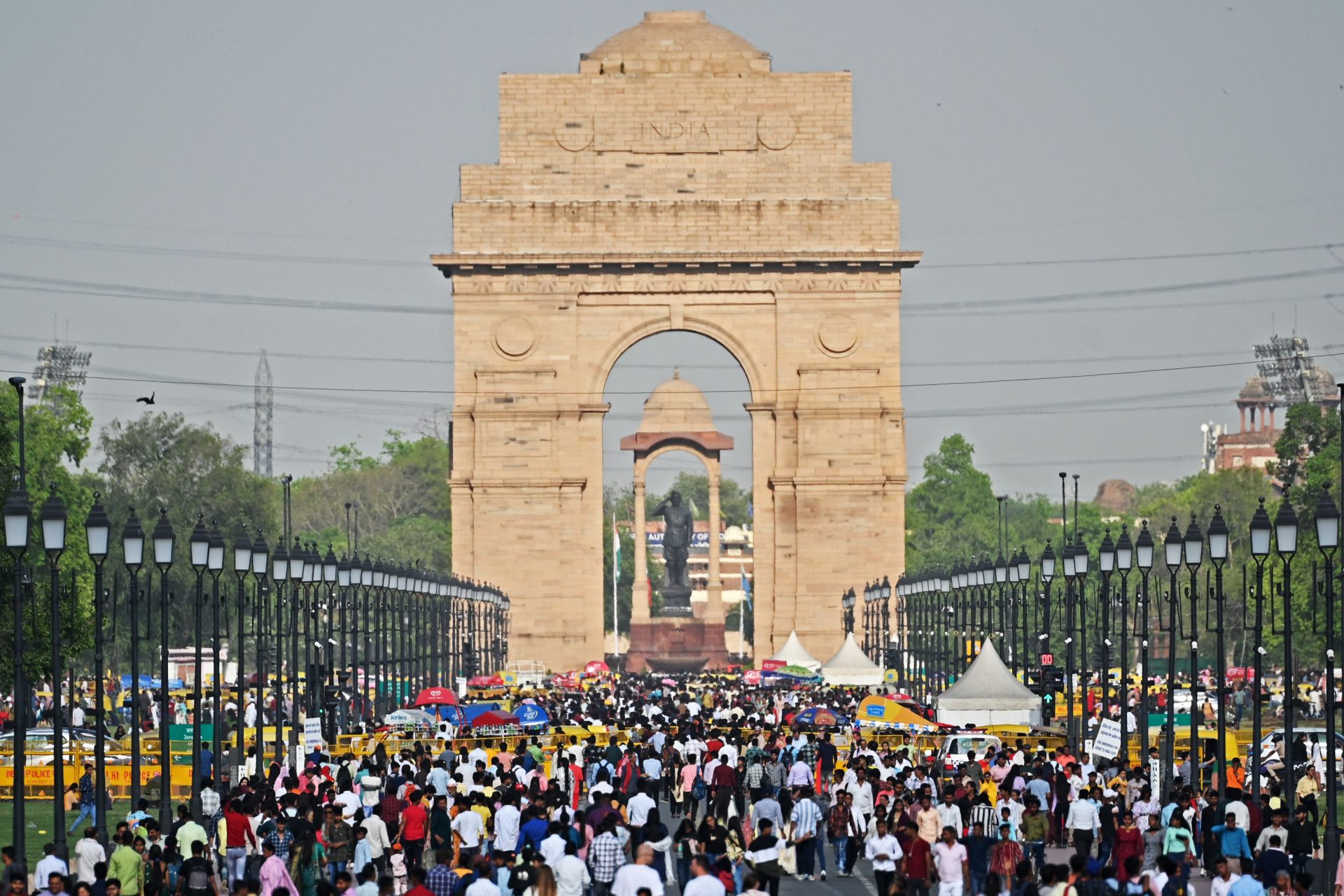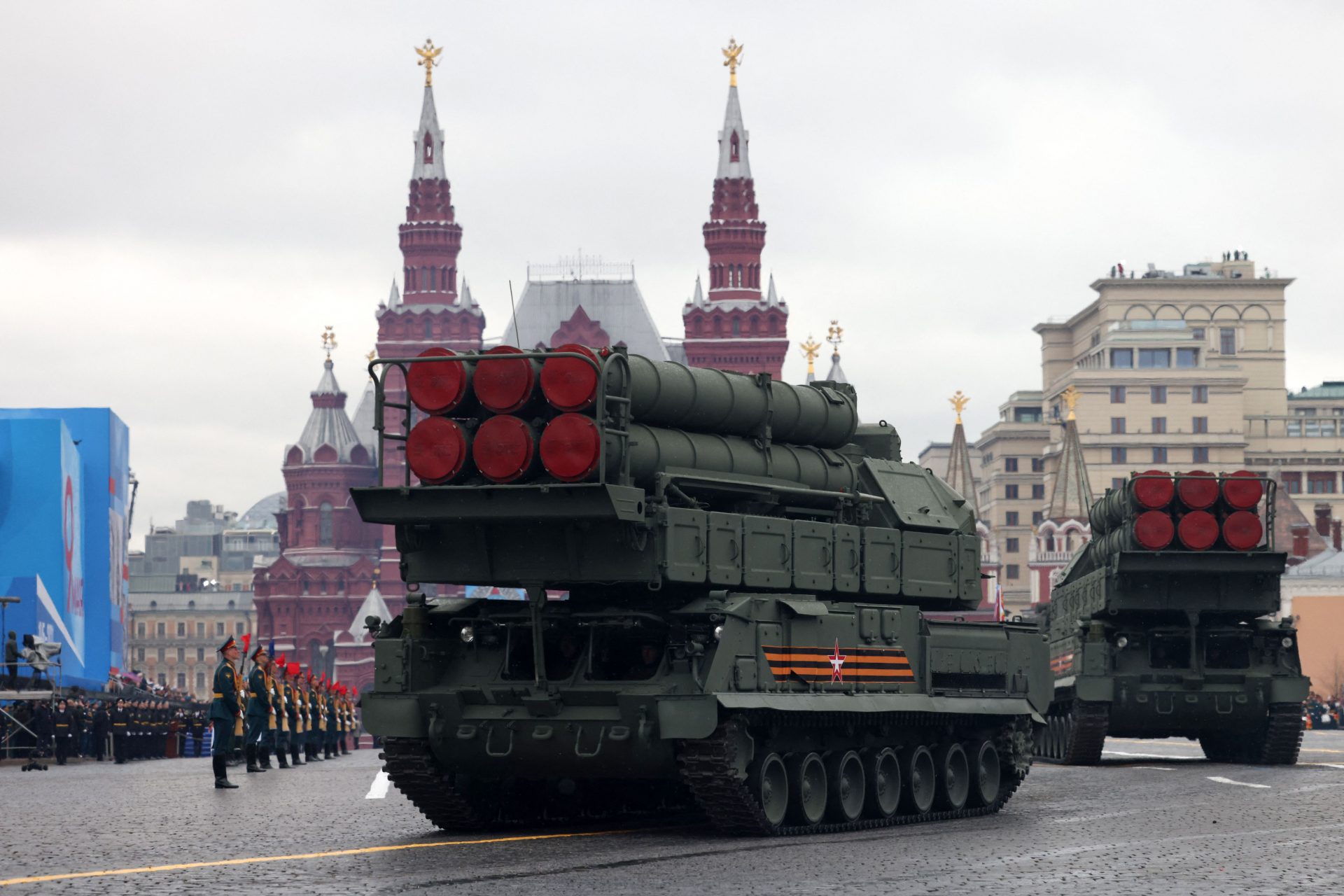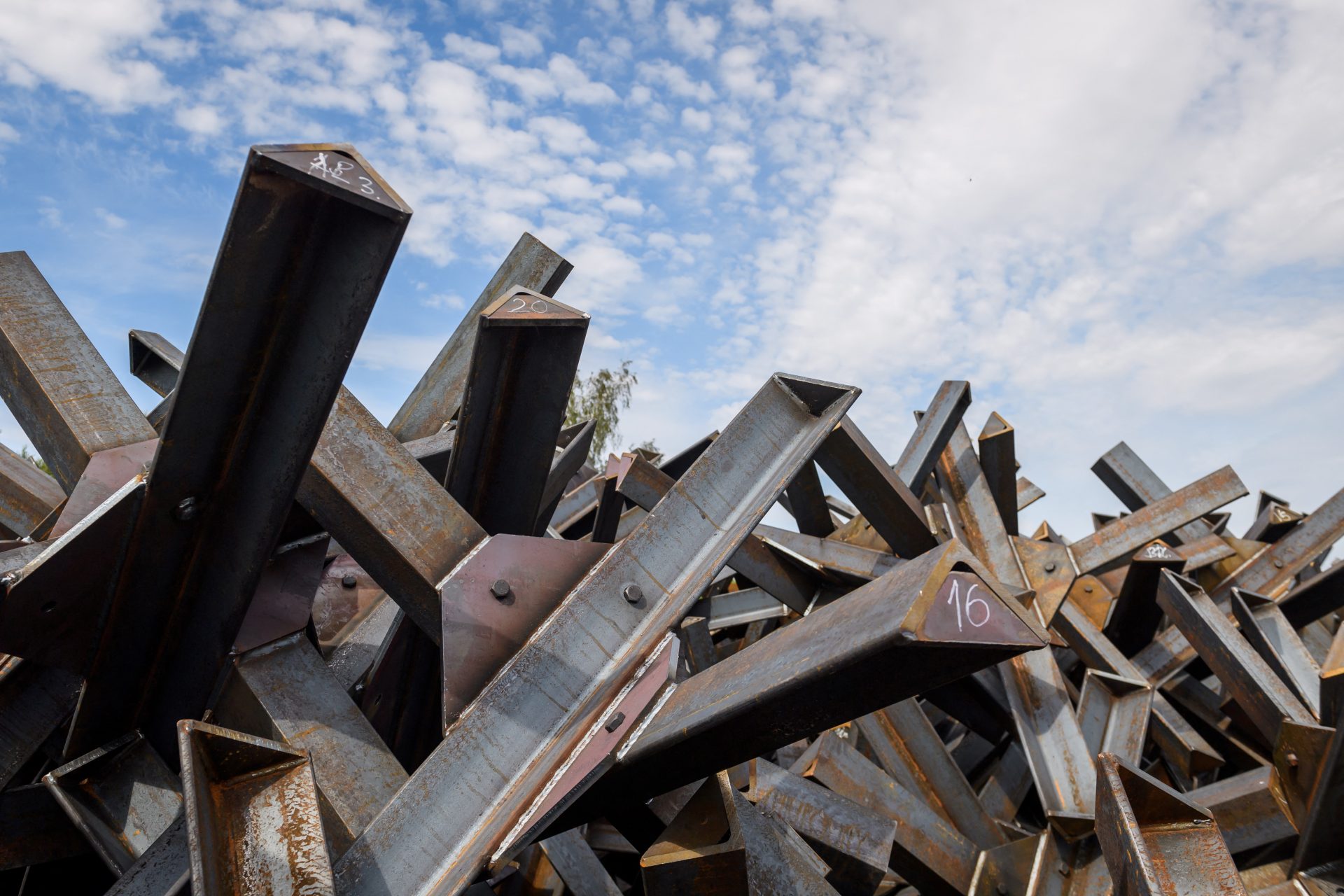North Korea added a surprising name to its list of foreign media bans
A report by Radio Free Asia said that the North Korean Regime added Chinese movies and information to its list of “impure recordings,” showing a surprising shift in relations.
According to an inside source who spoke to the radio, the list included movies like ‘The Butterfly Lovers,’ which was widely viewed by North Koreans before the ban and was understood to be safe.
The list, which went out in April or May, shows a dent in the once-tight relations between China and North Korea after years of small grievances, The Diplomat argues.
The specialized outlet said that missile tests near the border and the tightening alliance of North Korea and Russia around the Ukrainian conflict have put a dent in Chinese relations with Pyongyang.
According to The Conversation, the regime hardened its ongoing ban on foreign media in 2020 with the "Law on the Elimination of Reactionary Thought and Culture."
As The Conversation explained, the law enacted new punishments for those who consume or distribute foreign media in addition to those described in the nation's criminal code.
The platform claims that the North Korean regime capitalized on its COVID-19 border closure to double down on its ban on foreign media and has continued ever since.
A 2023 BBC report with rare testimony from citizens inside North Korea confirms that, since the pandemic, the flow of defectors, information, and goods through the country's border has been scarce.
The citizens told the BBC that the isolation had led to hunger, the country imported most of its food, and fear as the regime tightened the control and surveillance. People stopped trusting each other.
The ban on Chinese content is surprising. However, The Conversation reported that the regime has been naturally more hostile towards South Korean content.
South Korean content, particularly K-dramas and K-pop, has become popular. Kim has publicly condemned the music genre as a “vicious cancer” permeating North Korean society.
The consumption of K-dramas also seems to have inspired North Koreans to imitate the clothing and catchphrases of their favorite characters, as shown by a propaganda shaming video leaked to the Korea Institute for National Unification.
A defector told the BBC the differences are apparent: "If you get caught watching an American drama, you can get away with a bribe, but if you watch a Korean drama, you get shot," they said.
The witness confirmed that all of these external elements are considered to challenge Kim Jong-un's ideology and the “ideal society. " Now, Chinese content does not seem to fit the standard either.
More for you
Top Stories





